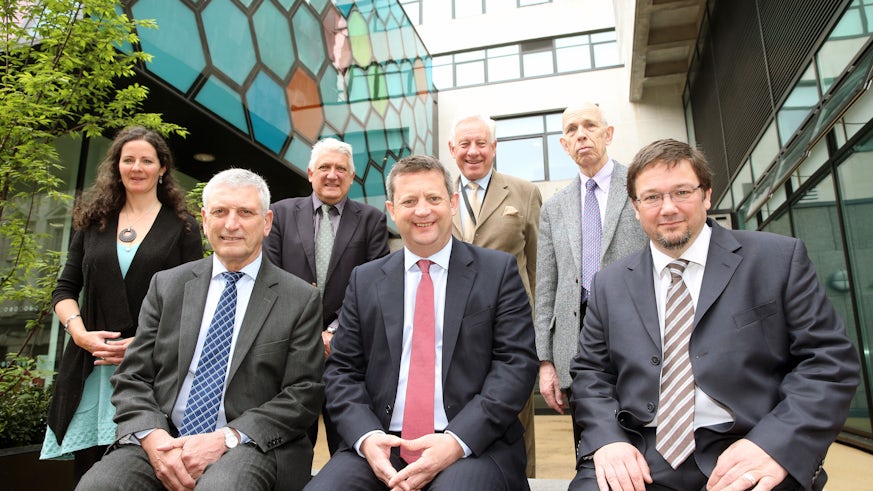Let's look at the evidence
30 April 2014

An innovative project being launched in Cardiff will link academia, with a range of partners all with a common aim, to identify and address gaps in our knowledge about the natural world.
The Wales Biodiversity Partnership (WBP) Evidence Gaps Project brings together policy makers, practitioners and academics from across Wales, to identify and address key evidence gaps in relation to biodiversity and ecosystems. The project will help ensure that policy development and conservation practice is informed by sound science, through forging stronger links with the research community in Wales, and beyond.
Speaking on behalf of the WBP Professor Michael Bruford from the Sustainable Places Research Institute said; 'This is an important step for us all, because in order to help protect and manage our natural resources you first have to understand them. We have a wealth of excellent research talent in the environmental sciences in our Welsh Universities that we can really make a different to the future management of the Welsh environment.'
Speaking at the launch event, the Minister for Natural Resources and Food, Alun Davies said: "I very much welcome this project which will provide the Welsh Government with access to a robust evidence base on the state of our biodiversity.
"Not only will this evidence base help us to deliver our state of natural resources report, it will also enable us to manage our natural resources in a joined up way that delivers the best long term outcome for Wales' people, environment and economy."
To drive the project forward Universities across Wales will be working with motivated students who want to do relevant, interesting projects at Masters, PhD level & postdoctoral research, and help increase their employability skills.
The project will also engage the academic community to better understand the needs of decision-makers, to make evidence more readily available, and help improve the decisions that partners and policy-makers make.